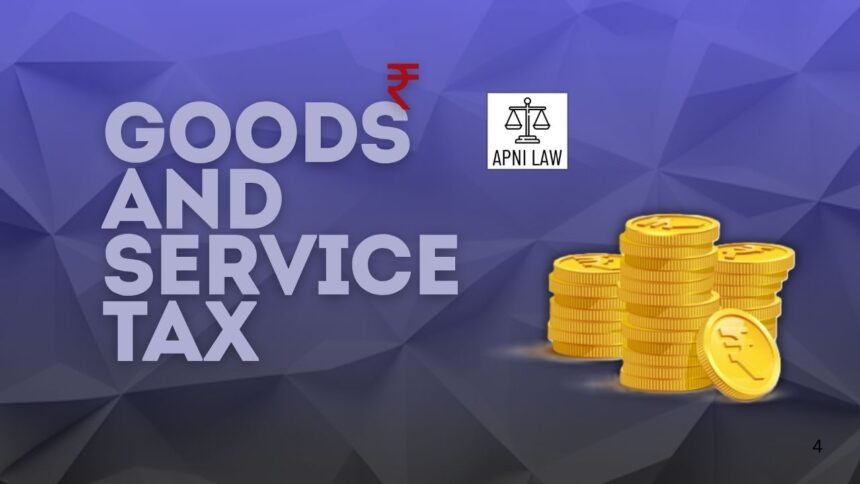Introduction
The GST Act includes detailed procedures for appeals and reviews to ensure fairness in tax administration. Sections 107 to 121 deal with how a person can challenge decisions made by GST officers and what restrictions apply. These provisions protect taxpayer rights and establish a clear appellate hierarchy. Below is a simplified explanation of these sections to help businesses and individuals understand their rights and obligations better.
What Is The Appeal Process Under Section 107
If a taxpayer disagrees with any decision or order passed under GST, they can file an appeal with the Appellate Authority within three months from the date of communication. However, the authority may allow a further one-month extension if satisfied with the reason for the delay. For the appeal to be accepted, the appellant must pay the full amount of admitted tax, interest, and penalty, plus 10% of the disputed tax.
What Are The Powers of Revisional Authority
The Revisional Authority can, on its own or upon request, examine any GST order to ensure its legality and fairness. If the authority finds any error or illegality, they may revise the order. However, no action can be taken if the order is already under appeal or if three years have passed since the date of the original order, except in cases involving fraud or suppression of facts.
The GST Appellate Tribunal is the second level of appeal and is established by the central government. It includes a Principal Bench and State Benches. Taxpayers can approach the tribunal if they are not satisfied with the Appellate Authority’s decision. It serves as a uniform forum for dispute resolution across the country.
Section 110 outlines the qualifications required for appointing members of the Appellate Tribunal. The President must be a former judge of the Supreme Court or a Chief Justice of a High Court. Other members must have experience in law, tax administration, or finance to ensure informed and fair decisions.
What Is The Procedure of Appellate Tribunal
The tribunal follows a structured procedure to hear appeals. It has the power to regulate its own process and can decide matters based on written submissions or oral hearings. The tribunal may also confirm, modify, or annul the order under appeal.
A GST appeal to the Appellate Tribunal must be filed within three months from the date of the Appellate Authority’s order. The person filing the appeal must deposit the admitted tax amount and 20% of the disputed tax. The tribunal can allow a one-month delay if sufficient cause is shown.
They may pass orders as it deems fit and must give reasons for its decision. They may also amend its order within three months to correct any mistake apparent from the record. It cannot review its decision beyond this scope.
This section gives the President of the Appellate Tribunal the authority to handle administrative matters. It includes assigning work, allocating benches, and other internal functions necessary for smooth functioning.
If a party is not satisfied with the Tribunal’s decision and there is a substantial question of law, they may appeal to the High Court within 180 days. The High Court can entertain a later appeal only if sufficient cause is shown. If there are legal issues involved, and the decision comes from the National Bench of the Tribunal or High Court, a further appeal can be made to the Supreme Court. This section ensures that the highest court can address significant tax law questions.
What About The Sums Due to Be Payable
When a decision results in a tax y, payment can be deferred or stayed if the appellate authority issues an order. Filing an appeal does not automatically stop the implementation of the original order. The taxpayer must specifically request a stay, and the appellate authority must grant it in writing for it to be effective.
Taxpayers are allowed to appoint authorized representatives to appear and act on their behalf during appeals. These may include legal practitioners, tax consultants, or chartered accountants who are qualified to represent under the law.
The central or state government may issue instructions to tax officers regarding when appeals should be filed in higher forums. These instructions help avoid unnecessary litigation and promote consistency in legal positions.
Section 121 lists specific orders where no appeal is allowed, such as decisions regarding transfer of proceedings, seizure of accounts, or sanctions of prosecution. This prevents appeals against procedural or administrative matters.
Conclusion
Sections 107 to 121 of the GST Act offer a well-structured appeal system, ensuring taxpayers have multiple levels of redress. From the Appellate Authority to the Supreme Court, each level allows a fair review of decisions. These provisions also lay down clear rules on appeal timelines, qualifications, and financial commitments. Understanding these sections helps businesses handle disputes effectively and within the legal framework.








